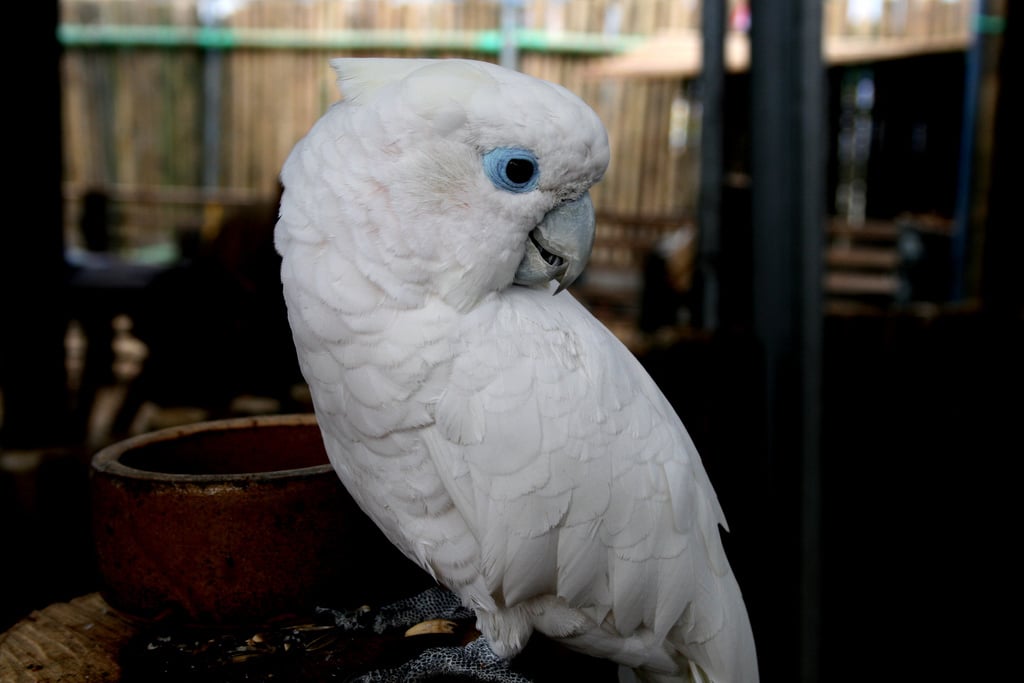

Obesity and overweight for cockatoos is a no-no because it can trigger other diseases such as diabetes and heart problems. The different household cleaning chemicals also irritate them quickly, so make sure not to use those near the bird. If your bird consumed these toxic, expect that they ‘ll have dizziness, liver disease, kidney problems, and heart failure. Avoid giving them peanuts, grapes, avocados, alcohol, and other caffeinated products. In captivity, you must be very cautious with the variety of food you are given to them. 3) Food poisoning/Ingesting toxinsĬockatoos are prone to food poisoning, whether they are in the wild or in captivity. This disease is common in the wild, so it is important that as you acquire a cockatoo from a pet shop or pet collector, you may still need to let your veterinarian screen them for PBFD. The best way to deal with this disease is to make sure to give them healthy foods enriched with nutrients and always make their environment hygienic. Expect that your bird will not be cured through the use of an antibiotic or any medications since their immune system has already been attacked. While its beaks are very fragile that it may break off hard food is given to them, and usually, they already have a distorted shape. When your bird suffers from this disease, their feathers change in color, and it is dropping. 2) Psittacine beak and feather disease (PBFD) It would also be useful if you will place their cage in a place where they see people to a male they feel that they are still in a flock. These are the traits that they show if they are lonely, these types of birds are not used to living alone that is why to avoid this you may need to take them in pairs or sacrifice your time at least 2 hours a day to play or train them. Image Source 1) Feather Picking and Self-mutilationįeather Picking and self-mutilation is a behavioral problem shown by your cockatoo, especially when they are bored, stressed, and frustrated.


 0 kommentar(er)
0 kommentar(er)
